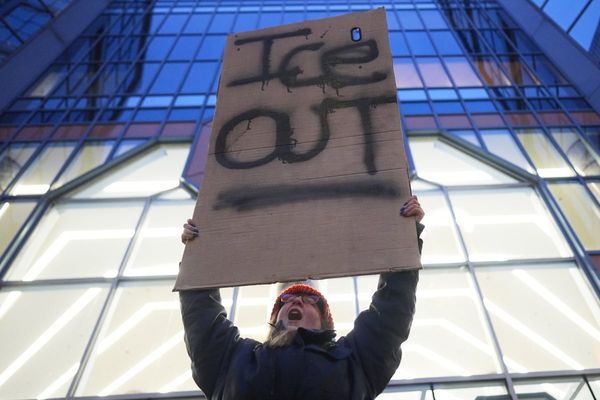
A council faces a wait to discover whether it has been successful in its bid for a High Court injunction blocking asylum seekers from being housed in an Essex hotel.
Epping Forest District Council (EFDC) is taking legal action against Somani Hotels, which owns the Bell Hotel in Epping, claiming that accommodating asylum seekers there breaches planning rules.
The company opposes the claim, with its barristers telling a hearing in London that the move does not constitute a “material change of use”.
The Home Office is intervening in the case, telling the court the council’s bid is “misconceived”.

Mr Justice Mould said at the conclusion of a three-day hearing on Friday that he will give his ruling in writing at a later date.
He said: “I, of course, appreciate that it is in everybody’s interests that I give my decision as soon as I can, and that is what I aim to do.”
The judge said on Thursday that it was “highly regrettable and totally unacceptable” that some witnesses in the case had received threats since the council began legal action in August.
Jenny Wigley KC, for Somani Hotels, said one member of staff had received “very serious threats” and had to temporarily move out of their home.
Mr Justice Mould said: “What we are dealing with here is a planning matter.
“It is a matter that raises, understandably, quite strong emotions, but we are in the field of planning control, and really, people ought to be able to divide, discuss and disagree about matters.”
The Bell has been used to house single adult males since April, with barristers for the Home Office telling the court on Friday that it currently houses around 95 people.
It first housed asylum seekers from May 2020 to March 2021 and accommodated single adult males from October 2022 to April 2024, with the council taking no enforcement action.
Barristers for Somani Hotels previously told the High Court that the company applied for planning permission for a “temporary change of use” in February 2023, but later withdrew the application as it had not been determined by April 2024.
The Bell became the focal point of protests and counter-protests this summer after an asylum seeker housed there was charged with sexually assaulting a teenage girl in Epping in July.
EFDC was then granted a temporary injunction in mid-August but this was overturned at the Court of Appeal later that month.
Philip Coppel KC, for the council, said in written submissions for the latest hearing that the use of the Bell to house asylum seekers had caused “increasingly regular protests” and left residents “increasingly fearful”.
He said: “Quartering asylum seekers in the Bell Hotel is not ‘use as a hotel’.
“It is a material change in the character of the use of the Bell Hotel, and it is one that is having a significant adverse impact, both visual and otherwise, on the amenity of those living, working, visiting and otherwise in the area.
“EFDC has properly concluded that it is necessary and expedient for this breach of planning control to be restrained by an injunction.”

Ms Wigley said in written arguments that an injunction was an “exceptional last resort”.
She said: “In this case, there has been no abuse of the system, persistent or otherwise, and no conventional enforcement action of any kind has been tried.
“Nor is there any reason to believe that conventional enforcement action, if taken, would not succeed in dealing with the breach if proven.”
James Strachan KC, for the Home Office, said in written submissions that the closure of hotels as asylum seeker accommodation “requires a structured response”.
He said bids by individual councils “ignore the obvious consequence that closure of one site means that capacity then needs to be identified elsewhere in the system”.







